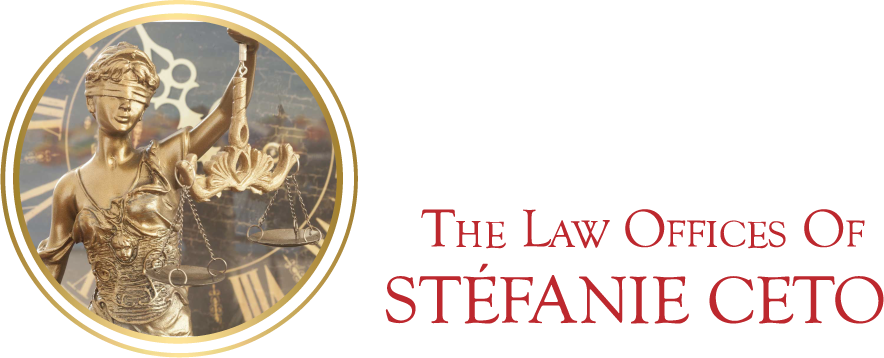Paying the Debts and Expenses of Administration
The personal representative must publish a notice to creditors within 60 days of the date that his or her authority is in effect. The notice must run for four consecutive weeks in the official newspaper in the county where the estate’s Probate court is located.
The published notice starts the countdown clock for creditors. Creditors must make known their demands for payment directly to the personal representative, not the court, within three months after the fourth publication of the notice.

The state legislature has set out the order, or priority, in which estate debts are to be paid:
First in priority is an award of one year’s support to the family, which has top priority before payment to any creditor.
Second in line for payment are the deceased’s funeral bills.
Third in priority are necessary expenses of administration, which include court fees, advertising costs, professional services such as legal and tax advice, surety bond premiums, costs of sale, and the personal representative’s commissions.
Fourth in priority are reasonable expenses of the deceased’s last illness.
Fifth in priority are any unpaid taxes or other debts due to the State or the United States.
Sixth in priority are judgments against the deceased, secured loans, and other liens created by the deceased during life.
Last in priority are all other debts not mentioned above.
Debts must always be paid (or be assured of payment from assets of the estate) before distribution is made to heirs or beneficiaries. When all debts have been paid, distributions to heirs or beneficiaries can be made.
